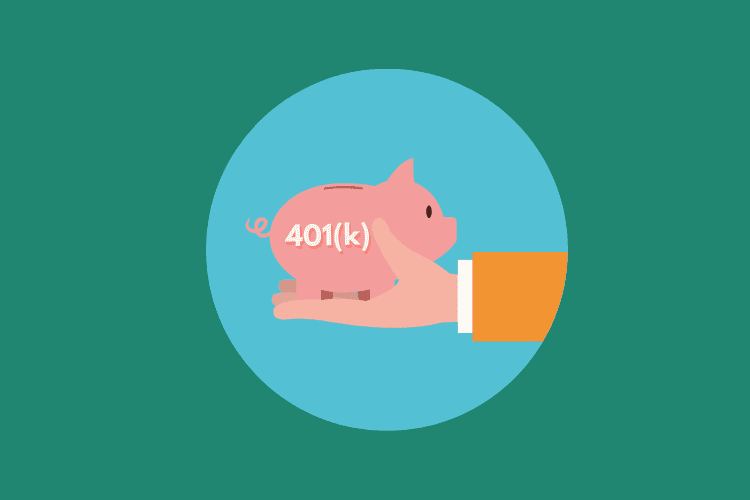September 11th is National 401(k) Day

Saving money for retirement is one of the most important, expensive, and potentially challenging things you’ll ever do in life. How well you prepare will translate into how well you live after leaving the workforce, and you can never start prepping too early.
One of the most powerful tools for effective retirement planning is a 401(k). A 401(k) is a retirement savings plan sponsored by employers, and many employers match 401(k) contributions. 401(k) plans have become some of the most common in America, but still, only a third of adults invest in one. If you don’t have a 401(k), or any retirement plan, here’s what makes it so important.
What’s the point of a 401(k)?
401(k) plans give employees the ability to direct a portion of their paycheck into a retirement fund. An individual can contribute up to $19,000 per year, and many companies offer some form of contribution matching. The employer contribution limit is $37,000. Depending on how generous your employer’s plan is and how much you can stash per check, which means you can save up to $56,000 for retirement every year.
Some employers match 100% of employee contributions, while some offer 50% or 25%. Others only offer their percentage match up to a certain portion of your total income. Many financial planners advise heavily weighing employers’ contribution matching programs before accepting a job. It’s a crucial part of any employee benefits package. Some would argue that a minor difference in 401k matching is more important than a minor difference in salary.
Regardless, not everyone with access to a 401(k) plan capitalizes on it. Despite 71 percent of workers having access to an employer-sponsored plan, only 55 percent actually use it. Neglecting to contribute to a 401(k), especially if your employer has a matching program, can cost you significantly in the long term. Since 401(k) contributions are capped annually, every year you’re not contributing is lost money you may never be able to contribute toward retirement. There are other types of retirement accounts with different benefits, but the ideal retirement saver uses a 401(k) and an IRA.
National 401(k) Day
Unlike typical holidays, National 401(k) Day (September 11th this year) isn’t exactly a celebration of retirement plans and those with them. Instead, it serves as something of an advisory holiday. Those without retirement plans should set aside time on Friday to review their employer’s plan and evaluate how much they can afford to save for retirement.
People with retirement plans can take stock of their situation as well. Your retirement plan may be wildly different today than when you put it into place, so consider scaling your contribution up or down depending on where you stand. The first major step toward achieving financial security and freedom is expanding your financial literacy, and days like National 401(k) Day present great opportunities to learn more!
Read More: How Employer 401(k) Matching Works









